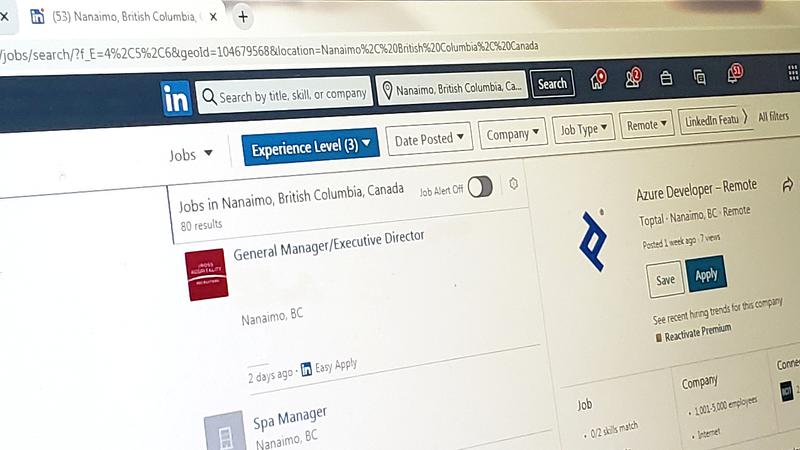
Mid-Island candidates share ideas for high-paying, stable job creation in Nanaimo, Oceanside
NANAIMO — As part of NanaimoNewsNOW’s continuing coverage of the 2020 Provincial Election, we reached out to all candidates in the three mid-Island ridings with a series of questions.
Candidates are featured alphabetically by last name. Each candidate was given up to 200 words to respond, with responses cut off after the limit. The responses are unedited by NanaimoNewsNOW in any other way.
NanaimoNewsNOW will update answers as quickly as possible up to Friday, Oct. 23 at 11:59 p.m.
Question: The COVID-19 pandemic has shown how vulnerable many industries are, particularly entry-level employers such as retail and the service sector. What will you specifically do as MLA to influence high-paying, stable job creation and support for small business in your riding?





